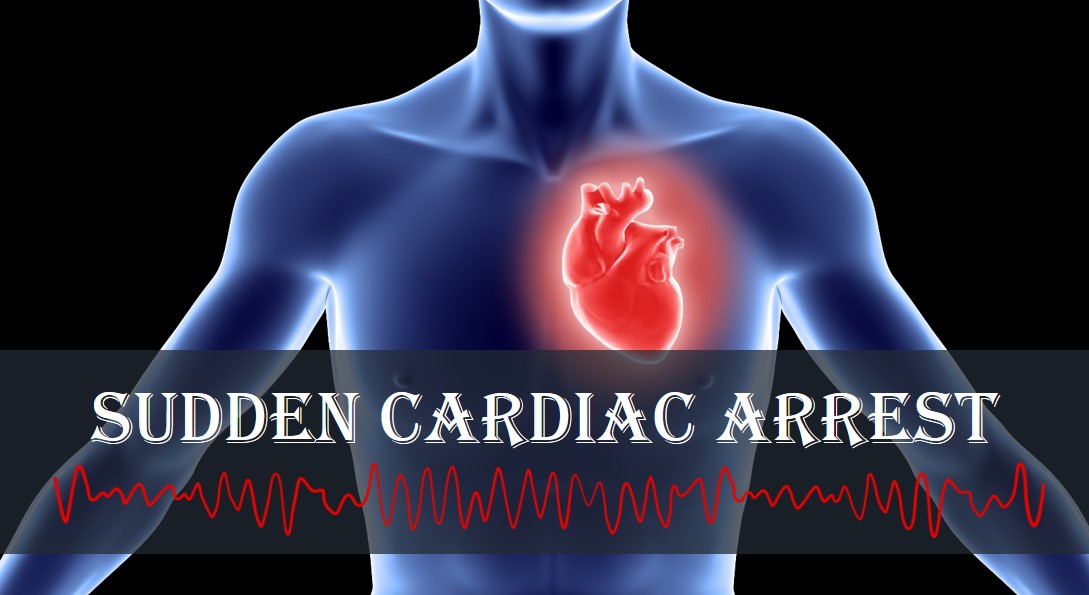Globally, the number of death caused by heart failure is massive. But now, this serious health issue can be controlled as scientists are researching on a new drug that can restore the movement of heart even after it failed to function. The new experimental drug called ‘Cimaglermin’ can repair the failure of heart, which in other ways can put a cap on the rising number of heart patients.
According to a study report published on 27th December in the journal of “Basic to Translational Science”, by using the efficiency of a solitary concoction of cimaglermin, the structural and functional ability of heart can be improved easily. Cimaglermin can work as a development factor of the heart, helping the construction, metabolic and contractile factors of the cardiac portion of the body and repair it after the failing of it or injury.
The study, led by Daniel J. Lenihan MD, from the sector of cardiovascular medicine at Vanderbilt University signed up 40 patients. All of them were suffering from heart failure or cardiac issues and were used to take optimal medicinal therapy for at least three months before the test. After dividing the patients into two groups, the researcher gave them a 90-days dose of placebo and cimaglermin.
After the successful completing of the 90-days course, the researchers found the patients who have been given a high dose of cimaglermin to get a sustainable improvement in left ventricular ejection part, or pumping capacity, while the patients who received a placebo failed to meet this level.
While publishing the research journal and revealing the results; the lead author of the study, Daniel J. Lenihan MD said, “This discovery is expected to help the clinical development in the sector of cardiac treatment. The investigational drug cimaglermin can restore the failed heart and bring it back to the movement. However, till now, it is subjective to further experiment and regulatory review. After the complete review and experiment, the related risks and advantages of cimaglermin will only be disclosed.”
The most common side effect related to the higher dose of cimaglermin is a headache and nausea. These symptoms are mostly found among patients who were given the higher doses of cimaglermin instead of a single infusion.
